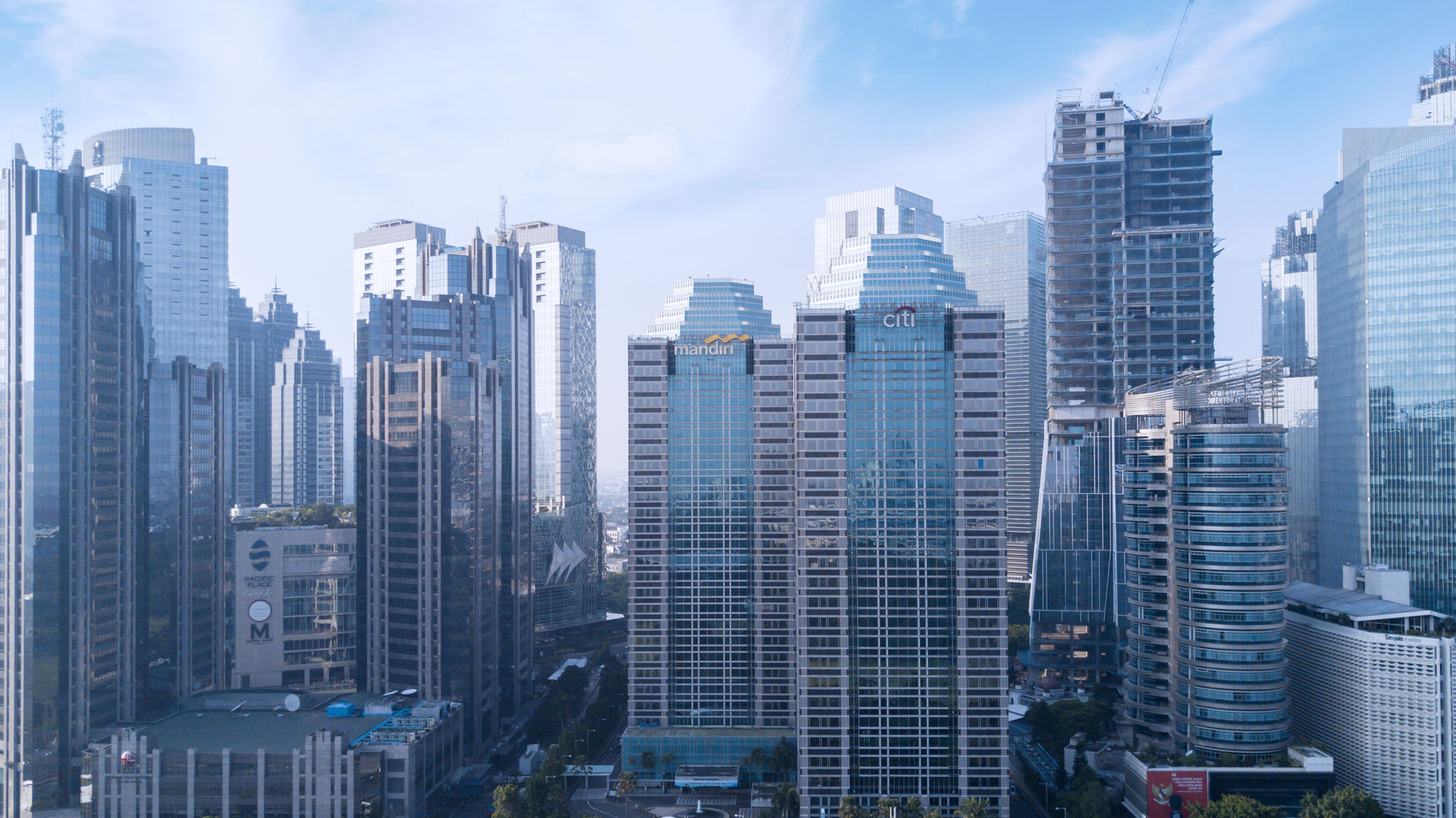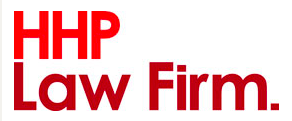12 January 2021
Under Law No. 11 of 2020 on Job Creation (Omnibus Law), which came into force on 2 November 2020, the government is mandated to promptly issue implementing regulations of the Omnibus Law. To have Indonesia's sovereign wealth fund (Lembaga Pengelola Investasi or LPI) up and running, the government has issued two government regulations on LPI. The first one is on state participation in LPI's capital, and the other one regulates governance and operational matters of LPI.
With the required government regulations already in place, LPI, which will be introduced under the name of Indonesia Investment Authority or INA, is expected to commence its activities by Q1 2021.
To see our previous client alert on LPI, please click here.
Key takeaways
Here are some of the key features of the two government regulations on LPI.
Investment sectors
There is no specific limitation on what sectors LPI can invest in. We understand from media reports that LPI might focus on developing infrastructure projects (e.g., toll roads, airports and seaports) in its first phase of investment. However, as the aim is for LPI to draw more foreign investment to Indonesia to support economic growth, LPI could, at any time, also cover other sectors and industries (e.g., healthcare, tourism and technology).
Considering that investments with third parties will be done through joint-investment structures, third parties can see LPI as an equal investment partner. Although LPI has a commercial nature, there are limitations that require LPI to have majority ownership and to be the business decision-maker if the target company conducts business in:
-
the sole drinking water distributor company in that city/regency or
-
a domestic oil and gas mining company
For the above sectors, it is envisaged that LPI should have at least a veto in business decision-making situations. Consequently, the relevant shareholders' agreement must accommodate the points mentioned above. For investments in other sectors, there are no clear guidelines on what rights and responsibilities LPI must have, but co-investors can try to enter into a shareholders' agreement that is commercially acceptable.
Capital contributions to LPI
The government will first inject capital of IDR 15 trillion in cash into LPI, with additional capital that may or may not be in the form of cash (e.g., in-kind) to follow until it reaches IDR 75 trillion by the end of 2021. Since third parties will not be able to inject funds directly into LPI, it remains to be seen how LPI will contribute to the investment funds or the special purpose vehicles (SPV) to be established jointly with third parties.
Investments by LPI and preferential right
One possible way for LPI to contribute to a joint venture is by injecting an asset initially owned by a state-owned enterprise (SOE), with the partner expected to provide fresh funds for the project's development. Another feasible scenario is to have both LPI and the investor provide fresh money to acquire assets of an SOE. Alternatively, LPI and the investor can form an SPV that will acquire the assets of an SOE. After acquiring the SOE's assets, LPI and the investor can then have a shareholders' agreement governing the relationship between them, and the operational matters of the SPV and the target asset.
When LPI obtains assets from SOEs, it is said that LPI will have a "preferential right." The elucidation of this provision under the government regulation does not provide a clear explanation, as it only says that LPI obtains priority from the SOE when there is a transfer of an SOE asset. Nevertheless, the implementation of this preferential right will still prioritize the principle of fairness through an appraisal of the fair market value of the relevant asset.
The preferential right could be interpreted as enabling LPI to purchase certain SOE assets through a different set of processes and not following the usual asset sale mechanism (e.g., through a tender process). We do not expect this preferential right will allow LPI to disregard the existing arrangements between the target company's shareholders (e.g., a right of first refusal that a joint venture partner may have under the target company's articles of association or a shareholders' agreement). However, we should wait and see how this will be implemented in practice.
Management
As already known to the public, LPI will have a supervisory board comprising the Minister of Finance (as chairperson), the Minister of SOE, and three members from professional elements. There will be a board of directors, which will carry out the day-to-day work of LPI. The members of the board of directors are all professionals.
In implementing its duties, the supervisory board will be assisted by a secretariat and several committees. The committees that will be formed to assist the supervisory board must include an audit committee, an ethics committee and a remuneration and human resources committee. The supervisory board will determine the roles and responsibilities of the secretariat and these committees.
The board of directors will also form committees whose members are the directors or employees of LPI, or other parties that have sufficient experience that is needed by the committee considering international best practices. The committees that will be formed to assist the board of directors must include an investment committee and a risk management committee. The formation of any committee by the board of directors will have to be reported to the supervisory board. The board of directors will determine the authorities and working policy of the committees.
Current situation
We understand that the recruitment of the members of the supervisory board from professional elements is currently ongoing. A selection committee led by the Minister of Finance has started the selection process. Once the names of the candidates have been identified, the selection committee will provide those names to the President. The President will then consult with the Parliament on these candidates. After the consultation period is finished, the President will appoint the selected supervisory board members. Once the supervisory board has been formed, the supervisory board will appoint the members of the board of directors.
From public media we understand that the government is targeting Q2 2021 for the start of LPI's investment activities. Foreign investors, other sovereign wealth funds and pension funds have expressed their interest and commitment to co-invest with LPI.
Iqbal Darmawan, Partner, Baker & McKenzie
iqbal.darmawan@bakermckenzie.com


.jpg)




